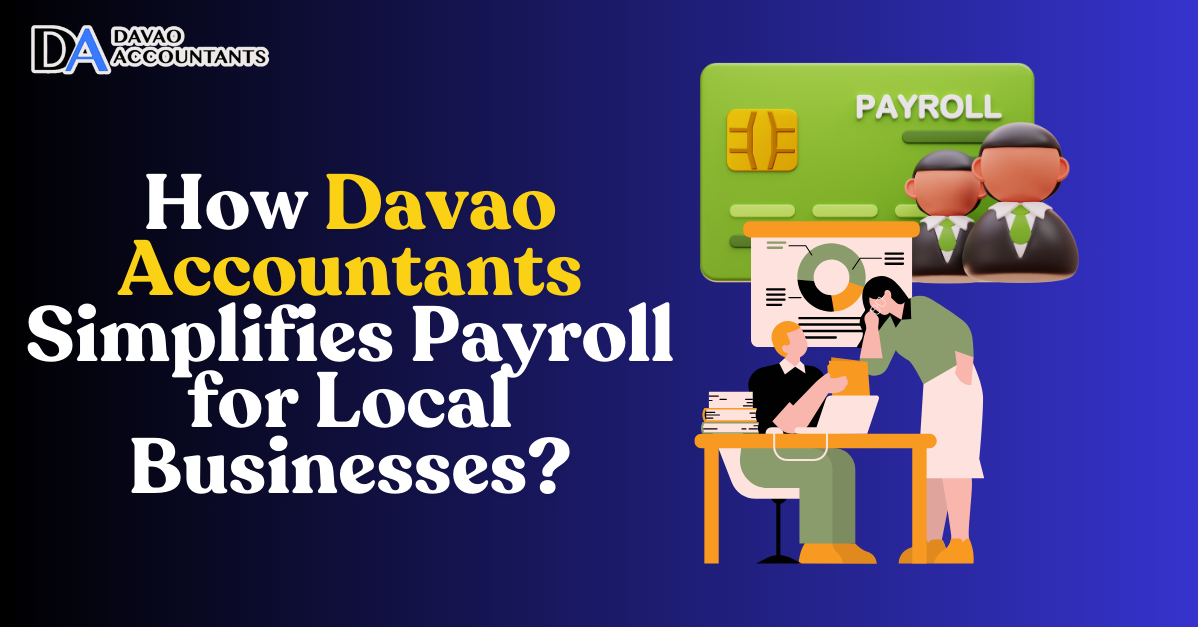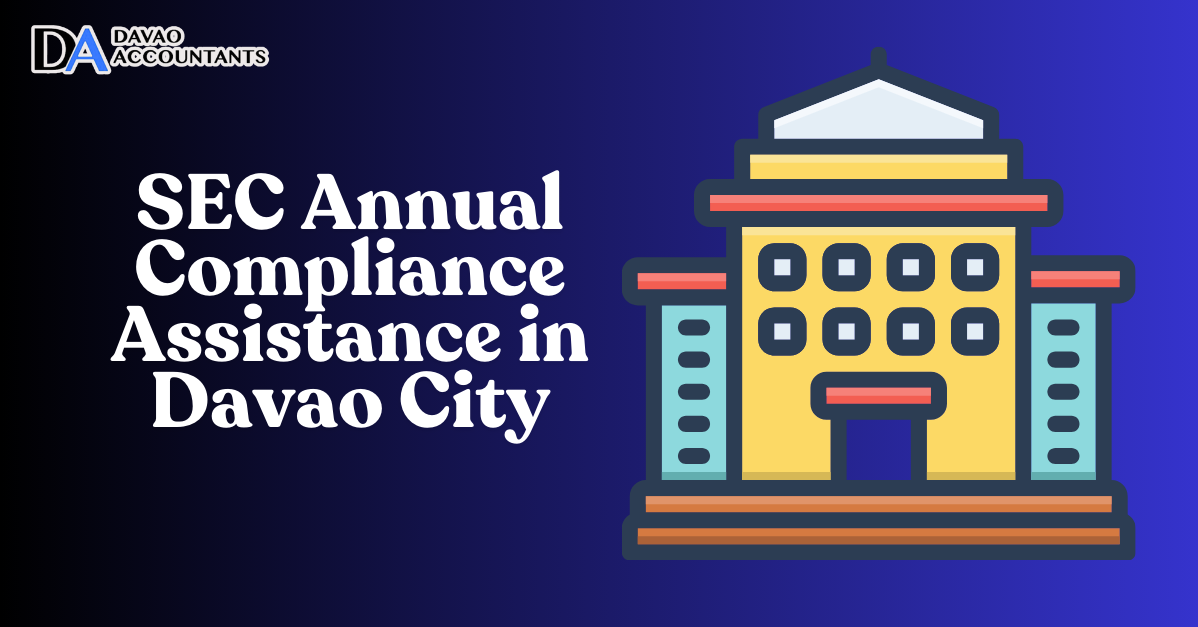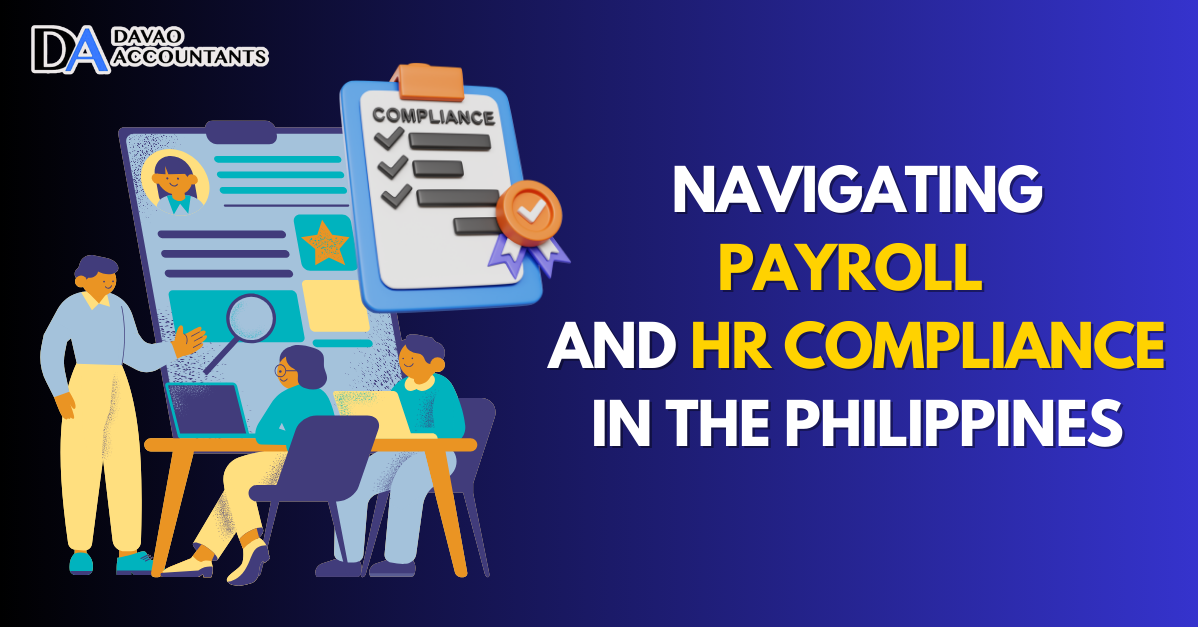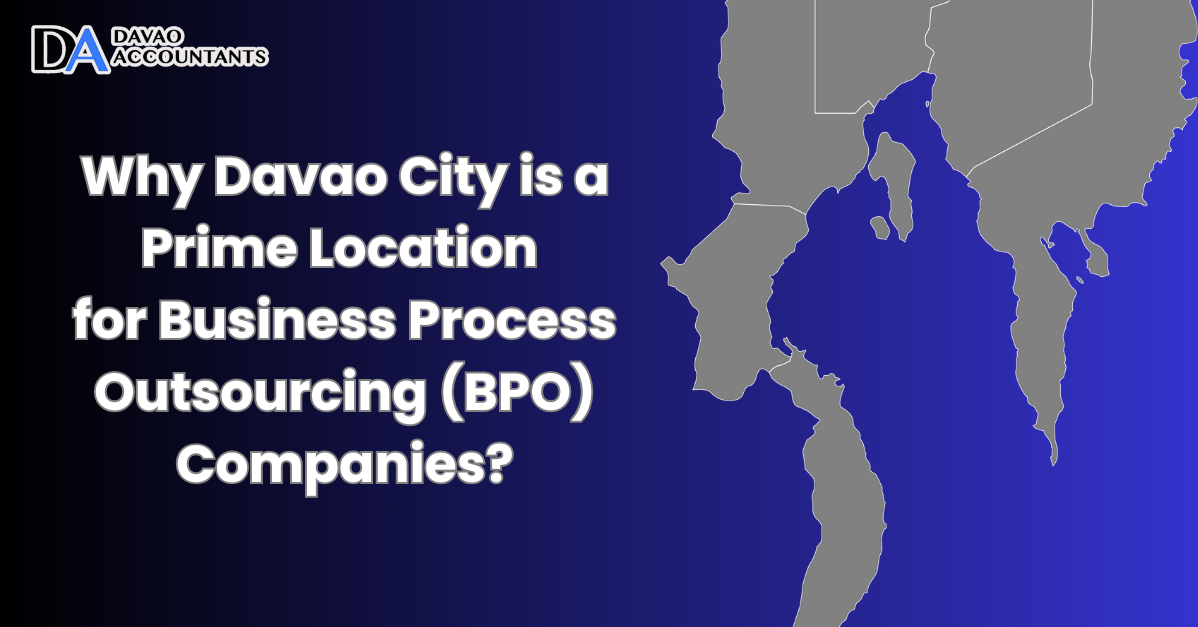Managing payroll and ensuring HR compliance in the Philippines can be a complex and daunting task for businesses, particularly for those who are new to navigating the country’s labor laws and regulatory framework.
The landscape of employment regulations varies significantly across different regions, making it essential for companies to stay informed about local regulations, such as those specific to Davao.
From the intricacies of payroll outsourcing in the Philippines to the nuanced understanding of employee rights and benefits management, businesses face a multitude of employer obligations.
Adhering to legal requirements and fostering a supportive work environment that promotes employee satisfaction is crucial.
This article is a comprehensive resource that details best practices, common pitfalls, and expert insights to aid businesses in effectively managing payroll systems and ensuring HR compliance nationwide.
Table of Contents
ToggleUnderstanding Payroll and HR Compliance in the Philippines
Payroll and HR compliance in the Philippines encompass a comprehensive framework that ensures businesses adhere to various labor laws, government-mandated contributions, and employee benefits requirements.
The Labor Code of the Philippines is central to this framework. It establishes the minimum standards for wages, work hours, benefits, and employee rights.
Companies must provide fair wages that meet or exceed the applicable regional minimum wage rates.
Furthermore, organizations must comply with regulations regarding working hours, overtime pay, and mandated rest periods to ensure the well-being of their employees.
In addition to wage and hour laws, employers are obligated to make contributions to the Social Security System (SSS), the Government Service Insurance System (GSIS) for government employees, the Philippine Health Insurance Corporation (PhilHealth), and the Home Development Mutual Fund (Pag-IBIG).
These contributions are essential for providing employees with social security, health insurance, and housing benefits, thereby contributing to their overall welfare.
Moreover, businesses must adhere to specific leave provisions, including vacation, sick, maternity, and parental leave, as mandated by the law.
Companies must also maintain accurate records of employee attendance, payroll, and benefit entitlements, as these records not only facilitate compliance but also protect the organization in case of audits or disputes.
Additionally, companies are encouraged to foster a conducive work environment that upholds employees’ rights, including protection against discrimination and harassment.
Awareness and commitment to these legal requirements are vital for maintaining good employer-employee relationships, promoting a positive workplace culture, and avoiding potential legal repercussions.
Effective payroll and HR compliance ultimately play a critical role in the sustainable growth and success of businesses operating in the Philippines.
Key Aspects of Payroll Compliance
1. Minimum Wage and Salary Structure
Employers must comply with the minimum wage rates set by the Regional Tripartite Wages and Productivity Boards. These rates vary depending on the region and industry.
Additionally, salary structures should align with industry standards while considering employee performance and company policies.
2. Computation of Employee Compensation
Payroll calculations must include basic salary, allowances, overtime pay, holiday pay, night shift differentials, and bonuses. Employers must accurately compute salaries to avoid legal repercussions and employee dissatisfaction.
3. Deductions and Contributions
Employers are responsible for withholding and remitting government-mandated contributions, including:
– Social Security System (SSS)
– Philippine Health Insurance Corporation (PhilHealth)
– Home Development Mutual Fund (Pag-IBIG)
– Bureau of Internal Revenue (BIR) tax deductions
4. Payslip Issuance
Employers must provide payslips detailing employee salary breakdowns, deductions, and net pay. Transparency in payroll processing is essential to maintain trust and compliance with labor laws.
HR Compliance in Davao and Other Philippine Cities
HR compliance in the Philippines requires businesses to follow labor laws, employee benefits regulations, and other workplace standards.
Davao City, a growing business hub, has seen increasing demand for professional HR compliance services.
1. Employment Contracts
Employment agreements must clearly outline terms and conditions, including job descriptions, salary details, benefits, and termination clauses. They must also comply with labor laws and be written in a language that both employer and employee understand.
2. Work Hours and Overtime
The standard workweek in the Philippines consists of 40–48 hours, depending on the industry. Employees working beyond these hours must receive overtime pay equivalent to at least 125% of their regular hourly rate. Businesses must also comply with holiday and rest day pay requirements.
3. Leave Benefits
Employees are entitled to various leave benefits, including:
– Service Incentive Leave (SIL): Five days of paid leave after one year of service
– Maternity and Paternity Leave: 105 days for female employees, seven days for male employees
– Sick Leave and Vacation Leave: As per company policy or collective bargaining agreements
4. Health and Safety Regulations
Employers must ensure workplace safety, provide necessary protective equipment, and comply with the Occupational Safety and Health (OSH) Standards set by the Department of Labor and Employment (DOLE).
Employer Obligations in the Philippines
Employers in the Philippines have several legal obligations to their employees and government agencies. Failure to comply may lead to fines, penalties, or legal disputes.
1. Timely Salary Payments
Employers must pay salaries at least twice a month at regular intervals not exceeding 16 days. Any delay in salary payments can result in labor disputes and legal consequences.
2. Government Compliance and Reporting
Businesses must file reports and remit contributions to government agencies on time. Late payments may result in penalties and additional interest charges.
3. Tax Compliance
Employers must ensure proper tax deduction and filing with the Bureau of Internal Revenue (BIR). Employees’ income taxes should be withheld and remitted accordingly.
4. Employee Record-Keeping
Employers are required to maintain accurate employee records, including attendance, salaries, benefits, and disciplinary actions. These records should be readily available for government audits and compliance checks.
The Role of Payroll Outsourcing in the Philippines
Given the complexity of payroll processing and HR compliance, many businesses opt for payroll outsourcing in the Philippines to ensure accuracy and efficiency.
Payroll outsourcing providers offer specialized services that streamline payroll processing, compliance management, and employee benefits administration.
Benefits of Payroll Outsourcing
1. Compliance with Labor Laws
Outsourcing firms stay updated with the latest labor laws and government regulations, ensuring businesses comply with payroll and HR requirements.
2. Time and Cost Savings
Managing payroll in-house can be time-consuming and expensive. Outsourcing allows businesses to focus on core operations while minimizing administrative costs.
3. Accuracy and Efficiency
Payroll service providers use advanced payroll software to ensure accurate calculations, reducing the risk of errors and disputes.
4. Secure and Confidential Payroll Processing
Reputable payroll providers implement strict data security measures, protecting sensitive employee and payroll information.
5. Employee Benefits Management
Payroll outsourcing firms assist with employee benefits management, ensuring proper administration of SSS, PhilHealth, Pag-IBIG, and other benefits.
Choosing the Right Payroll Outsourcing Provider
When selecting a payroll outsourcing provider in the Philippines, consider the following factors:
– Experience and Reputation: Choose a provider with a proven payroll and HR compliance track record.
– Technology and Security: Ensure the provider uses secure payroll software and follows data protection standards.
– Customization Options: Look for providers that offer tailored solutions based on business size and industry.
– Customer Support: Reliable support ensures smooth payroll processing and quick issue resolution.
Conclusion
Navigating payroll and HR compliance in the Philippines requires careful attention to labor laws, employer obligations, and employee benefits management.
Businesses, especially those expanding in key cities like Davao, must ensure proper compliance to avoid legal repercussions and foster a productive work environment.
Payroll outsourcing in the Philippines offers a practical solution for businesses seeking efficiency and compliance while focusing on growth and expansion.
By understanding and fulfilling employer obligations in the Philippines, businesses can create a compliant, fair, and employee-friendly workplace that contributes to long-term success.









